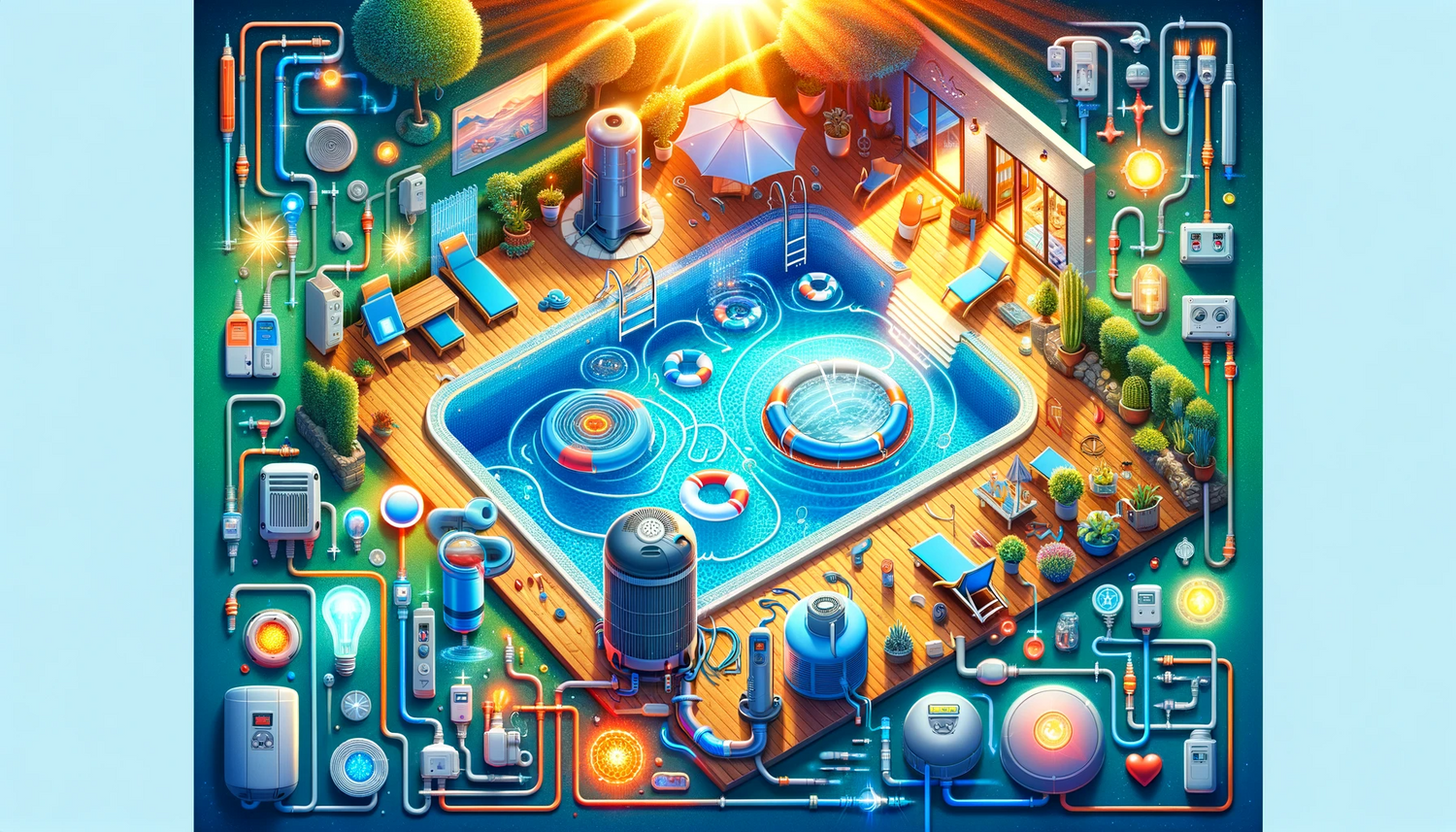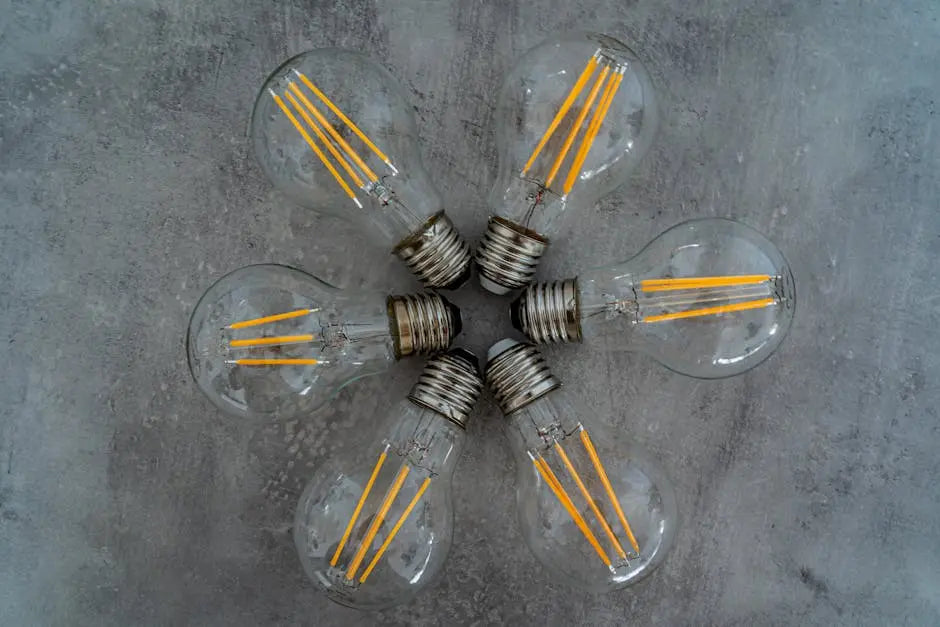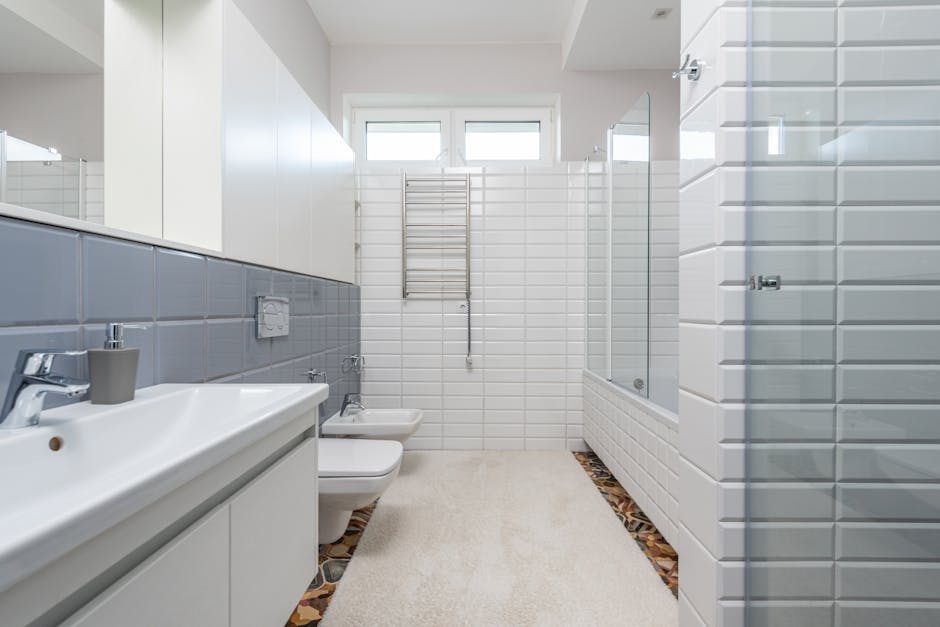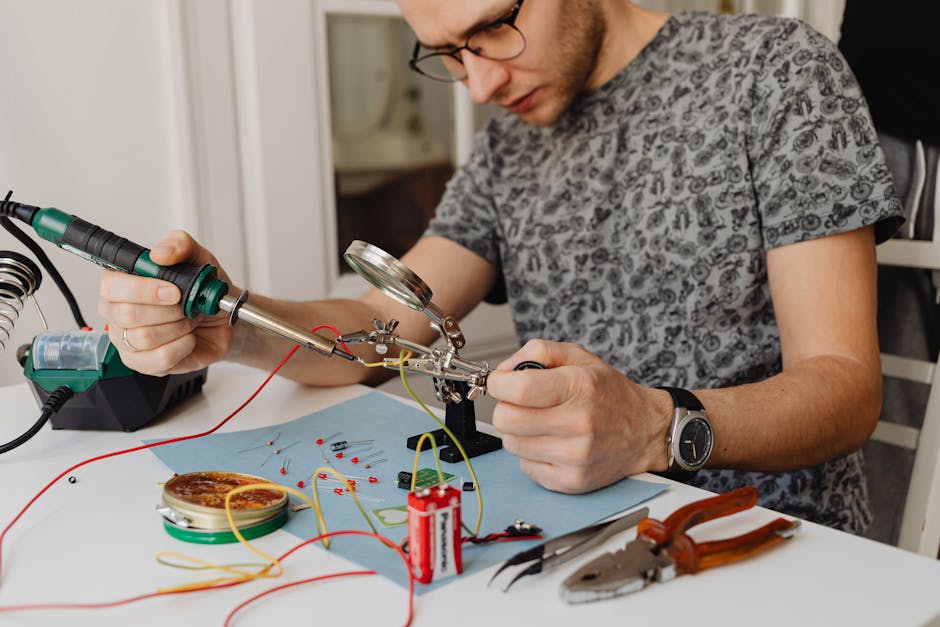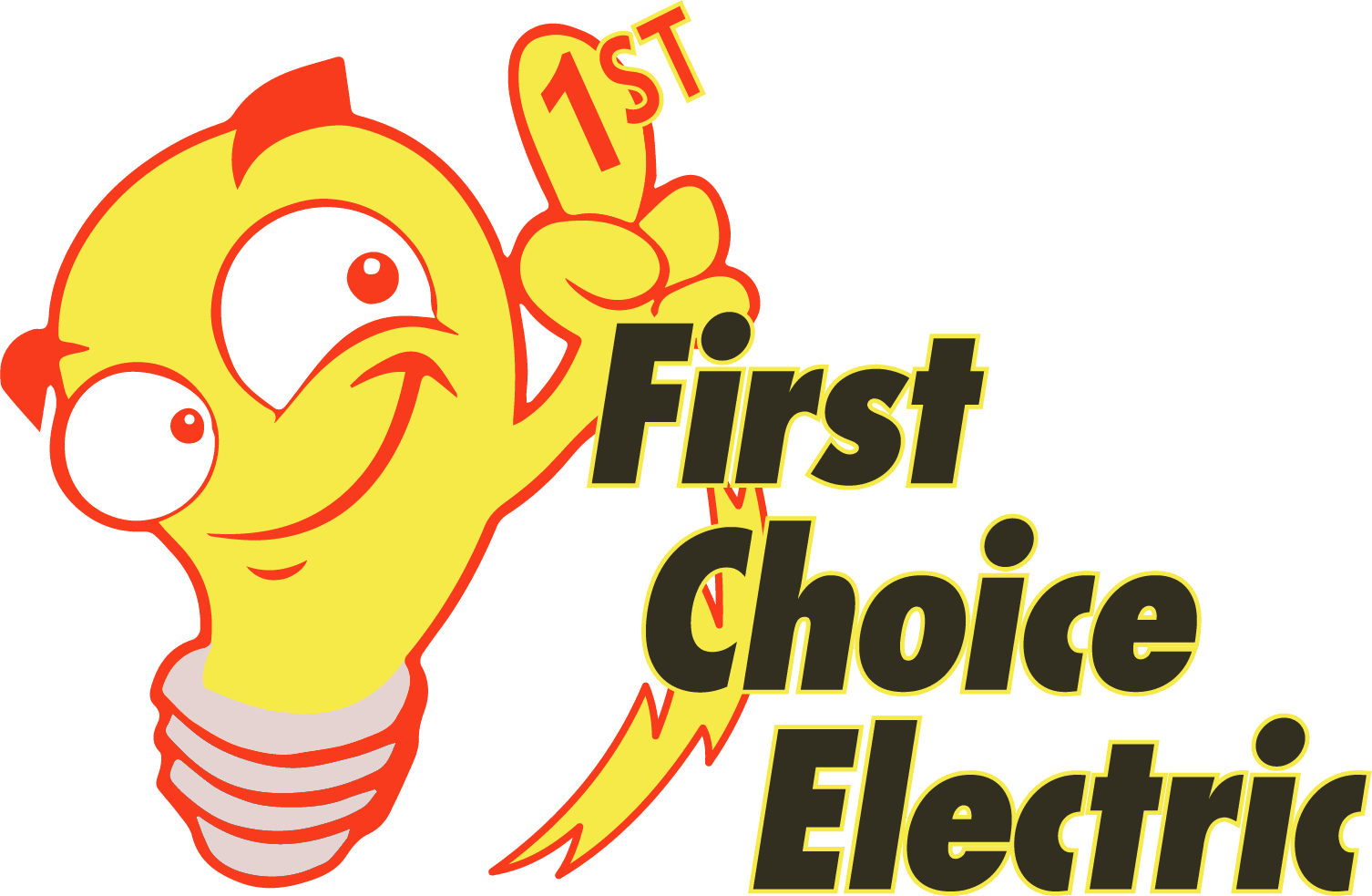Essential Guide to Electrical Needs for Swimming Pools
Introduction: The Role of Electricity in Swimming Pools
Electricity plays a crucial role in the functionality and enjoyment of swimming pools, from powering pumps and heating systems to lighting and safety features. Understanding the electrical requirements and options for pools, whether above ground or in-ground, is vital for pool owners and those considering installing a pool.
Electric Pool Heaters: Enhancing Comfort
Electric pool heaters have become a popular choice for swimming pool owners. They work efficiently to maintain a comfortable water temperature, extending the swimming season. The installation of an electric pool heater requires careful consideration of the pool size, as heaters are available for various pool volumes, from small above-ground pools to larger in-ground ones.
Above-Ground Pool Electrical Requirements
For above-ground pools, electrical needs might include heating, lighting, and filtration systems. It's important to understand the specific requirements such as the power supply, circuit breakers, and safety measures. Above-ground pools often need less complex electrical systems compared to in-ground pools, but safety and efficiency remain paramount.
Electric Pool Pumps and Filtration Systems
The heart of any pool's circulation system is its pump and filtration unit. Electric pool pumps are designed to circulate water through the filter, keeping the pool clean and hygienic. When choosing a pump, consider factors like the pool size, pump capacity, energy efficiency, and noise level.
Pool and Electrical Products: Finding the Right Supplies
Selecting the right pool and electrical products is crucial for maintaining a safe and enjoyable swimming environment. This includes pool lighting, automatic cleaners, and safety equipment. It's advisable to choose products from reputable suppliers and ensure they meet the necessary safety standards.
Pool Electrical Code and Safety Regulations
Adherence to pool electrical code is crucial for safety. This includes proper bonding and grounding of electrical equipment, safe distance from power lines, and correct installation of electrical outlets and switches. Always consult with a licensed electrician familiar with local codes and regulations.
Energy Consumption: Balancing Costs and Efficiency
Understanding the energy consumption of pool electrical equipment can help manage the electric bill cost. Using energy-efficient products like variable speed pumps, LED lighting, and solar-powered heaters can significantly reduce energy usage and costs.
Electric Pool Covers: Convenience and Safety
Electric pool covers offer convenience and enhanced safety. They are designed to be easy to use, providing a barrier to debris and reducing evaporation. Some electric covers are also designed to provide an additional layer of safety by preventing accidental falls into the pool.
Conclusion: Navigating the Electrical Aspects of Pool Ownership
Owning a pool involves understanding its electrical requirements for safe and efficient operation. Whether it's heating, lighting, or running a pump, the right electrical solutions enhance the pool experience while ensuring safety and cost-effectiveness.


